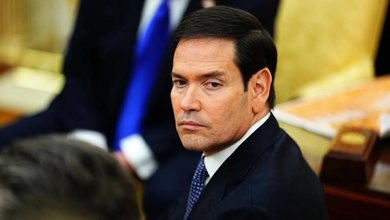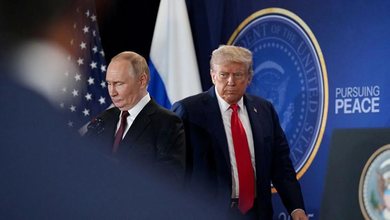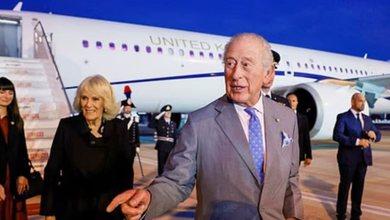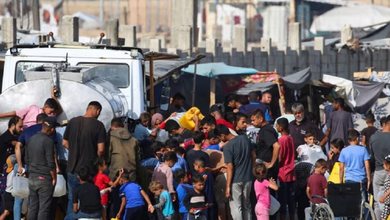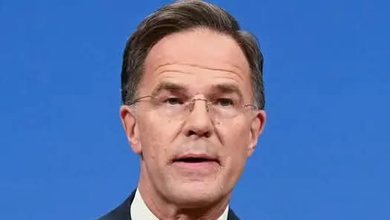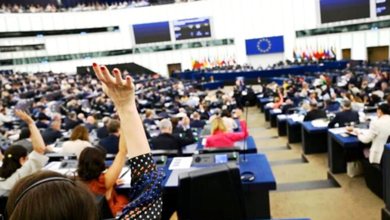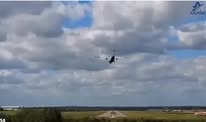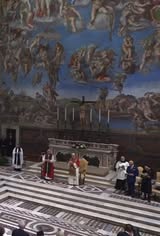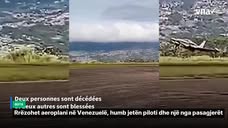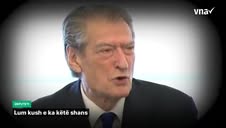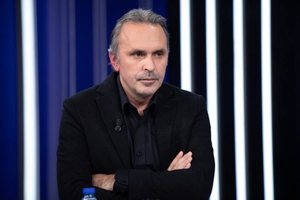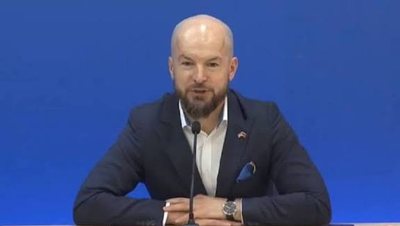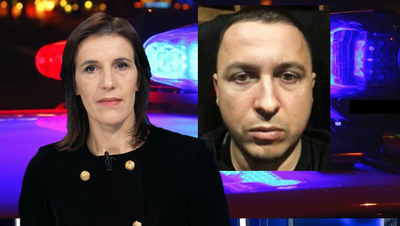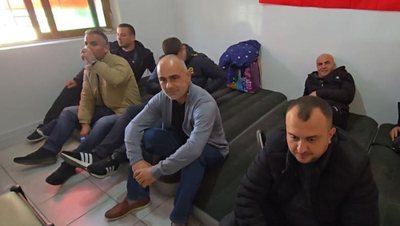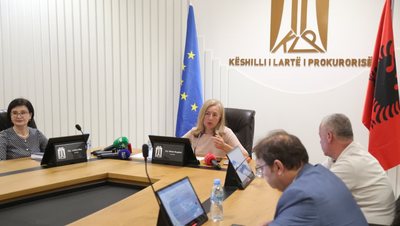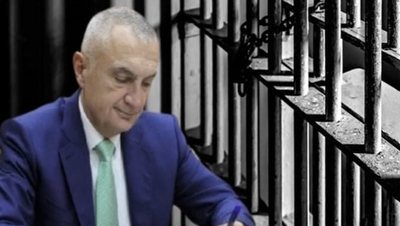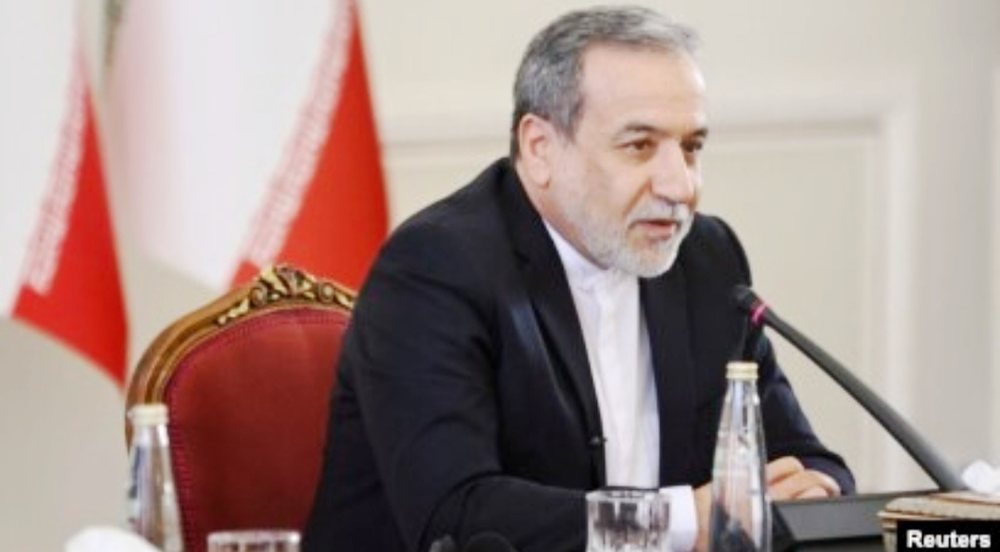
Iran warned against any new attacks on it after the head of the United Nations nuclear agency said he feared a return to the "use of force" if diplomatic efforts with Iran failed.
In mid-June, Israel launched an unprecedented bombing campaign against Iran, sparking a war in which Iran responded with missile and drone attacks.
During the 12-day war, Israel struck Iranian military and nuclear facilities as well as residential areas, while the United States later attacked key Iranian nuclear facilities.
The conflict caused a breakdown in nuclear talks between Tehran and Washington that had begun in April. A ceasefire between Iran and Israel has been in effect since June 24.
In an interview published on October 23 in the Swiss newspaper Le Temps, the head of the International Atomic Energy Agency (IAEA), Rafael Grossi, said that "if diplomacy fails, I fear that the use of force will return."
Iranian Foreign Minister Abbas Araghchi said on Thursday that it was not clear whether Gross's statements were made "out of concern or were a threat."
"But those who make such threats should understand that repeating the failed experience will only lead to another failure," he said in a video released by the Iranian Foreign Ministry.
Tensions between Iran and the IAEA escalated immediately after the 12-day war, with Tehran suspending cooperation with the agency, accusing it of failing to condemn Israeli and American attacks.
In September, Iran and the UN agency reached a new framework for cooperation, but just weeks later Tehran declared that framework invalid after Britain, France and Germany activated a mechanism to reinstate UN sanctions that had been lifted under the 2015 nuclear deal.
Two people walk past a currency exchange office in Tehran. UN sanctions are expected to hit the Iranian economy, including weakening the country's currency.
The US unilaterally withdrew from this agreement in 2018 and reimposed sanctions on the Islamic Republic.
During the interview, Grossi said that Iran has imposed "restrictions on inspections since the war because it fears for its security" and allows inspections of nuclear facilities only "on a limited basis."
According to the International Atomic Energy Agency, Iran is the only non-nuclear weapons state that enriches uranium to 60 percent purity, close to the 90 percent threshold required to create a nuclear bomb.
"If it took the next steps, Iran would have enough material for about ten nuclear bombs," Grossi said.
"However, we have no evidence that Tehran is trying to have nuclear weapons," he added./REL



